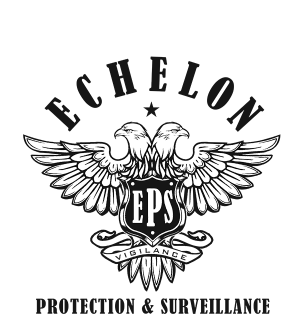 Ensuring the safety of Jewish day schools has become increasingly crucial in light of rising antisemitic incidents and global conflicts. According to reseach by the Anti-Defamation League, incidents at K-12 schools increased by 135% to 1,162 incidents in 2023.
Ensuring the safety of Jewish day schools has become increasingly crucial in light of rising antisemitic incidents and global conflicts. According to reseach by the Anti-Defamation League, incidents at K-12 schools increased by 135% to 1,162 incidents in 2023.
Implementing effective security measures is essential to protect students and staff. This article explores strategies for securing Jewish day schools, emphasizing the role of professional security guards.
Assessing Security Needs
Every school must first assess its specific security needs. Conducting a thorough vulnerability assessment identifies potential threats and areas that require enhanced protection. This assessment should consider the school’s location, previous incidents, and the general security environment. Security professionals can help design a comprehensive plan tailored to the unique needs of each institution.
Hiring Professional Security Guards
Employing professional security guards is a key component of school security. Trained guards provide a visible deterrent to potential threats and are prepared to respond quickly in case of an incident. In New York, many Jewish schools have hired armed guards through programs funded by organizations like the UJA-Federation, which allocated $4.5 million for this purpose. These guards are specifically trained to handle the unique security challenges faced by Jewish institutions.
Implementing Advanced Security Technologies
Modern security technology plays a vital role in protecting schools. Installing surveillance cameras, access control systems, and alarm systems can significantly enhance safety. Schools should consider integrating these technologies with their security protocols.
Coordinating with Law Enforcement
Close coordination with local law enforcement is essential for effective security. Schools should establish strong relationships with local police departments to ensure quick response times during emergencies. Regular communication and joint training exercises can help both school security personnel and law enforcement understand each other’s roles and responsibilities, enhancing overall preparedness.
Training and Preparedness
Ongoing training for security guards and staff is crucial. Regular drills and training sessions ensure that everyone knows their roles during an emergency. Schools can learn from initiatives like the Community Security Service (CSS), which conducts scenario-based training to prepare guards for various threats. Training should cover everything from active shooter situations to handling suspicious individuals and packages.
Community Involvement
Engaging the school community in security efforts is vital. Parents, teachers, and students should be aware of the security protocols and understand their roles in maintaining a safe environment. Community involvement fosters a culture of vigilance and cooperation, making it easier to identify and address potential threats. Schools can hold informational meetings and workshops to educate the community about security measures.
Securing Funding
Securing adequate funding for security measures is often a challenge. Schools can apply for government grants, such as the Nonprofit Security Grant Program, which provides financial assistance for security enhancements. Additionally, community fundraising efforts can help cover costs. In Florida, Governor Ron DeSantis announced an additional $40 million to protect Jewish day schools, highlighting the importance of financial support for these initiatives.
Addressing Psychological Aspects
While physical security measures are essential, addressing the psychological impact of threats on students and staff is equally important. Providing counseling and support services can help alleviate anxiety and build resilience. Ensuring a safe and supportive environment contributes to the overall well-being of the school community.
Conclusion
Securing Jewish day schools requires a multifaceted approach that includes professional security guards, advanced technology, community involvement, and strong partnerships with law enforcement.
By implementing comprehensive security measures and ensuring ongoing training and preparedness, schools can create a safe environment for students and staff. The rise in antisemitic incidents underscores the urgency of these efforts, making it imperative to prioritize the protection of Jewish educational institutions.


